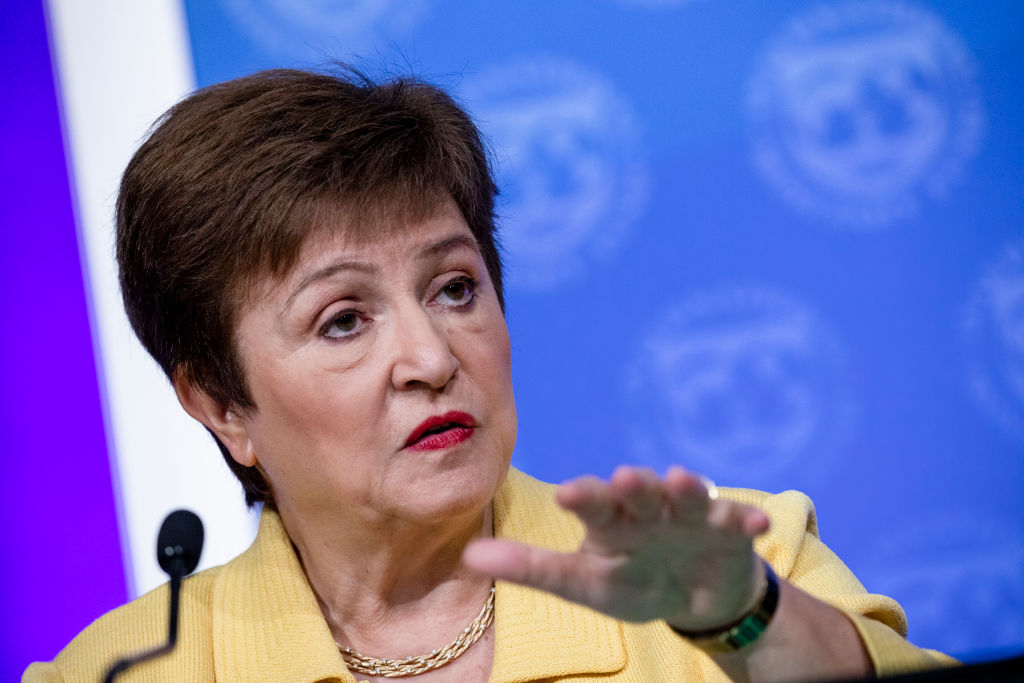- by Admin
- November 14, 2023
Click the link below to join Our WhatsApp group for daily brief on current trends in the country.
Join Here!
Loading

Ghana anticipates the IMF Executive Board’s approval to disburse a third tranche worth $360 million under the Extended Credit Facility (ECF) by the end of June 2024. This approval is part of the country’s ongoing efforts for economic recovery and stability.
Julie Kovack, Director of the IMF’s Communications Department, announced at a media briefing on June 6, “Our aim is to present the review to the IMF’s Executive Board for approval before the end of June.” If approved, Ghana will receive $360 million, increasing the total disbursements to approximately $1.6 billion since May 2023.

The anticipated approval follows a staff-level agreement reached on April 13, 2024, regarding economic policies and reforms for the programme’s second review. Additionally, Ghana has received a draft Memorandum of Understanding (MoU) with its Official Creditors, which is currently under review before finalization, signaling the end of negotiations.
Julie Kovack emphasized that continued policy and reform implementation is essential for Ghana to achieve lasting macroeconomic stability and debt sustainability. She mentioned the need for ongoing progress in negotiations with creditors to restore debt sustainability fully.
Regarding the implementation of the three-year loan-support programme, Julie Kovack noted that Ghana’s strong policy and reform efforts are yielding positive results, with early signs of economic stabilization. She pointed out that Ghana’s economic growth in 2023 was 2.9%, surpassing the IMF’s initial projection of 1.5%.
The finalization of the MoU and the disbursement of the $360 million tranche are expected to play a crucial role in stabilizing the Ghanaian Cedi against major currencies, particularly the US Dollar. Dr. Ernest Addison, Governor of the Bank of Ghana, mentioned that the funds would enhance the country’s foreign reserves, thereby supporting Cedi’s stability. According to the World Economic Forum, foreign reserves, including cash and assets like gold, are vital for maintaining domestic currency stability and providing liquidity during economic crises.

Click the link below to join Our WhatsApp group for daily brief on current trends in the country.
Join Here!
0 Comments: